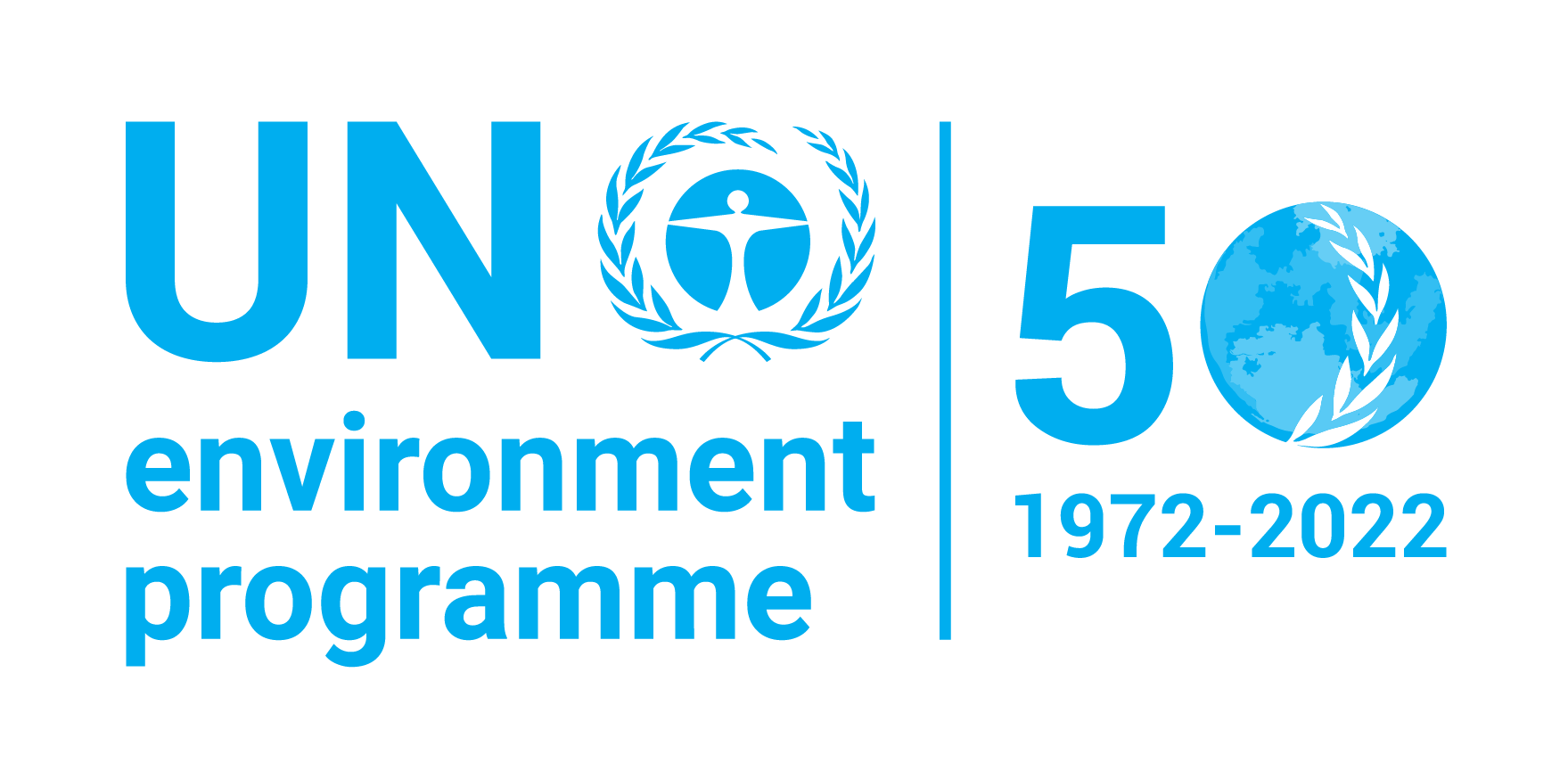| dc.contributor.author | United Nations Economic and Social Commission for Africa and the Pacific | |
| dc.coverage.spatial | Asia and the Pacific | |
| dc.date.accessioned | 2016-10-11T20:08:01Z | |
| dc.date.available | 2016-10-11T20:08:01Z | |
| dc.date.issued | 2016 | |
| dc.identifier.uri | http://hdl.handle.net/20.500.11822/8762 | |
| dc.description | The digital technology has been fundamentally transforming not only the way we interact in society and the economy, but also the way the development paradigm is evolving. The Global Information Technology Report 2016, published by the World Economic Forum (WEF) in July 2016, highlights that the digital revolution is changing the nature of innovation, which is increasingly based on the digital technology and associated new business models. Encouraging businesses to embrace the power of the digital technology, therefore, should be an imperative of governments. This requires, among others, the right governance frameworks to anticipate the impact of emerging technologies and react quickly to changing circumstances due to new economic and social dynamics. The WEF report concludes that the role of technology, broadband in particular, is critical to drive growth and enable collaborative innovation in many areas, from production to processes | |
| dc.language | English | |
| dc.rights | Public | en_US |
| dc.subject | ICT | |
| dc.subject | digital divide | |
| dc.subject | electronic commerce | |
| dc.subject.classification | Monograph | |
| dc.title | State of ICT in Asia and the Pacific: Uncovering the widening broadband divide | |
| dc.type | Sustainable Development Goals | |
| wd.identifier.old-id | 12236 | |
| wd.identifier.sdg | SDG 9 - Industry, Innovation and Infrastructure | |
| wd.identifier.sdgio | http://purl.unep.org/sdg/SDGIO_00000043 | |


